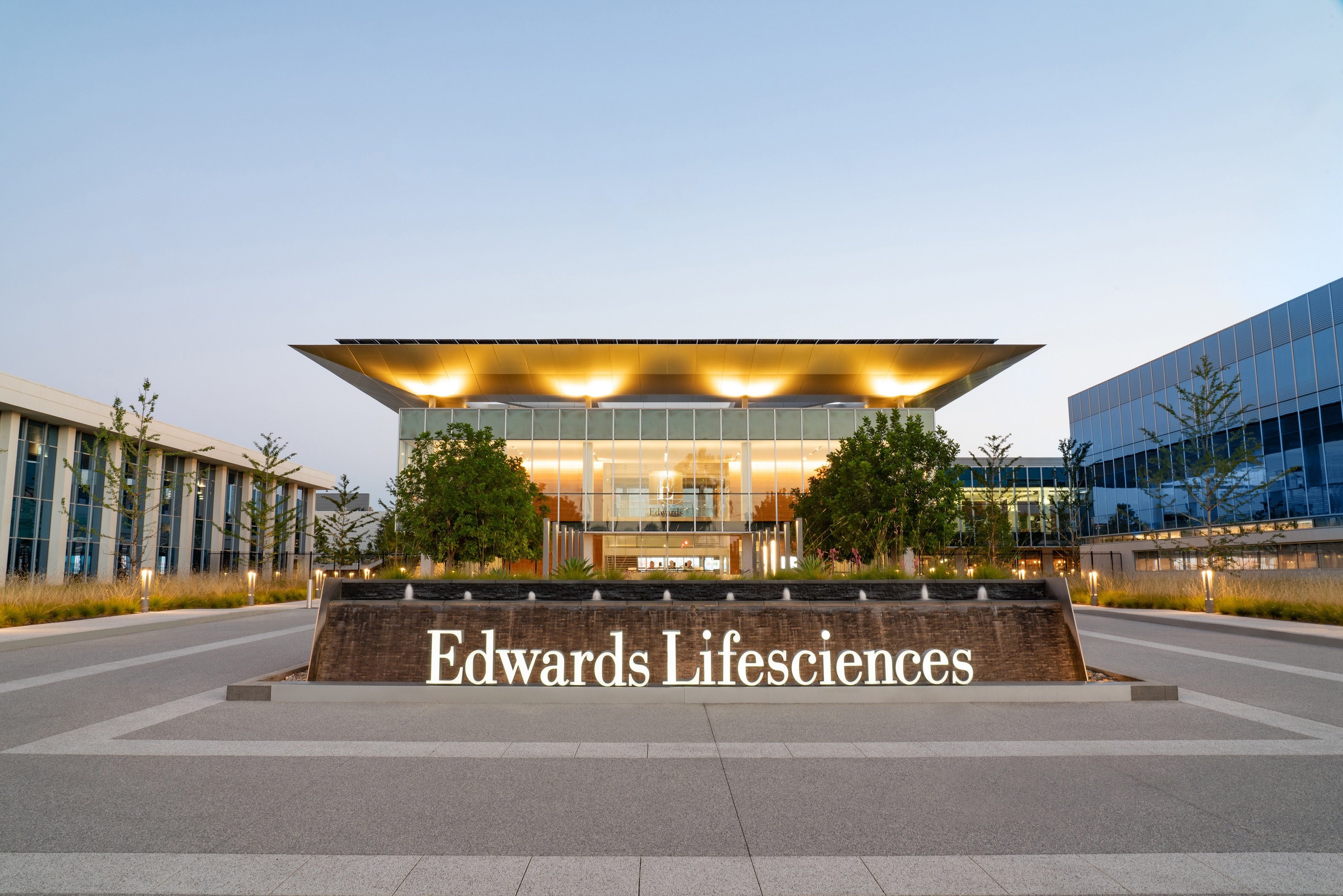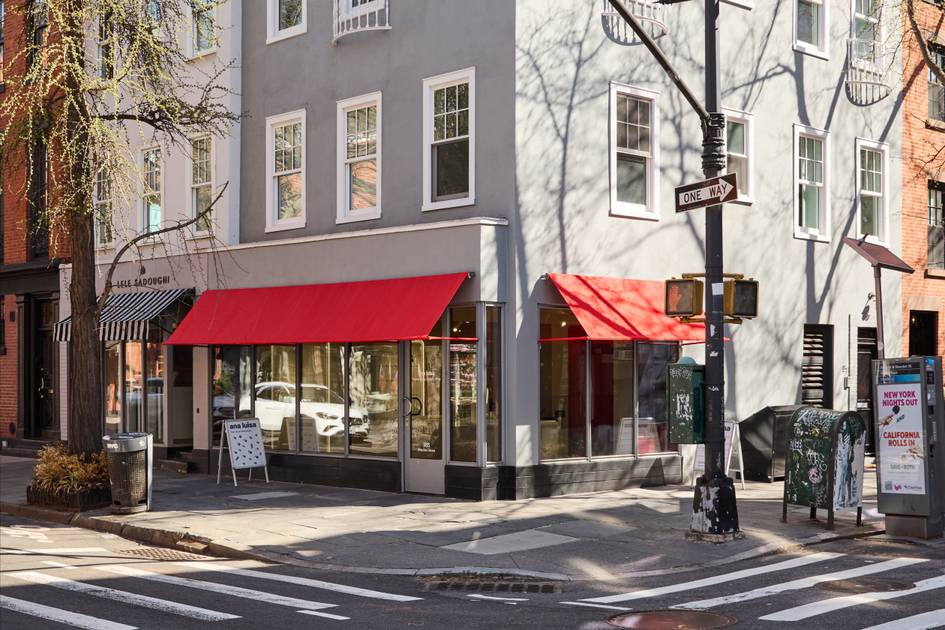Government blocked from intervening in landmark car finance case
Court of Appeal's ruling effectively bans dealers profiting from finance deals unless the buyer gives their consent The UK’s highest court has blocked chancellor Rachel Reeves from intervening in the landmark car finance case that is thought to have affected millions of buyers. The case, set to be heard by the Supreme Court in April, is centred around non-discretionary lender-paid dealer commissions that were tacked on to car finance deals without the knowledge of buyers. In some instances it has been judged that salespeople acting as brokers were incentivised to charge higher interest rates so they would bank an increased commission. The Supreme Court is hearing the case after the Court of Appeal ruled compensation should be paid by lenders where buyers were not informed about the commission. The government last month said that while it wanted customers to get any compensation they were owed, this size of any redress bill was concerning, especially as it could heavily impact UK banks. However, the chancellor’s attempt to intervene in the case has been blocked by the court. A spokesperson for the Treasury told the BBC: "We respect the court's decision to not grant our application to intervene... and will monitor it closely". WHAT HAS HAPPENED? The ruling by the Court of Appeal – one of the highest courts in the country – was announced as part of a case brought against Close Brothers and Firstrand Bank by three customers who claimed they were mis-sold finance deals. The trio had previously had their cases thrown out by lower courts. Judges unanimously ruled to uphold their appeals, stating that “a broker could not lawfully receive a commission from a lender without obtaining the customer’s fully informed consent to the payment”. Called the biggest finance scandal since PPI in the middle of the last decade, this effectively bans dealers from profiting on finance deals unless the buyer gives their consent. The decision threw banks and dealers into a state of disarray. It is now being heard at the Supreme Court after lenders appealed the decision. WHAT DOES IT MEAN? The ruling effectively threatens the long-established agreement that dealers receive commissions from banks or lenders for acting as a middle man in selling finance agreements on vehicles. Since the ruling, many car makers have already begun to disclose commission rates to customers in order to continue business as normal. Among those gearing up for the worst is Lloyds Bank, as the owner of Black Horse, a leading lender of car finance. In February, it revealed it had set aside £450 million to cover legal expenses and compensation payouts. It follows an investigation earlier in 2024 by the Financial Conduct Authority (FCA) concerning discretionary commission arrangements (DCAs) sold between 2007 and 2020, after more than 10,000 complaints were made. DCAs allowed dealers and brokers to adjust lenders’ interest rates to reward themselves with commission payments on hire purchase (HP) and personal contract purchase (PCP) deals. In one complaint, the FCA stated, Black Horse was found to have allowed a dealer to set an interest rate between 2.49% and 5.5%, with anything over 2.49% being paid to the dealer as commission. The dealer charged the highest rate of 5.5%, amounting to half of the customer’s total interest bill on the loan. In addition, the dealer didn't tell the customer it had set the interest rate or how much commission it had earned.

 Court of Appeal's ruling effectively bans dealers profiting from finance deals unless the buyer gives their consent
Court of Appeal's ruling effectively bans dealers profiting from finance deals unless the buyer gives their consent
The UK’s highest court has blocked chancellor Rachel Reeves from intervening in the landmark car finance case that is thought to have affected millions of buyers.
The case, set to be heard by the Supreme Court in April, is centred around non-discretionary lender-paid dealer commissions that were tacked on to car finance deals without the knowledge of buyers.
In some instances it has been judged that salespeople acting as brokers were incentivised to charge higher interest rates so they would bank an increased commission.
The Supreme Court is hearing the case after the Court of Appeal ruled compensation should be paid by lenders where buyers were not informed about the commission.
The government last month said that while it wanted customers to get any compensation they were owed, this size of any redress bill was concerning, especially as it could heavily impact UK banks.
However, the chancellor’s attempt to intervene in the case has been blocked by the court.
A spokesperson for the Treasury told the BBC: "We respect the court's decision to not grant our application to intervene... and will monitor it closely".
WHAT HAS HAPPENED?
The ruling by the Court of Appeal – one of the highest courts in the country – was announced as part of a case brought against Close Brothers and Firstrand Bank by three customers who claimed they were mis-sold finance deals. The trio had previously had their cases thrown out by lower courts.
Judges unanimously ruled to uphold their appeals, stating that “a broker could not lawfully receive a commission from a lender without obtaining the customer’s fully informed consent to the payment”.
Called the biggest finance scandal since PPI in the middle of the last decade, this effectively bans dealers from profiting on finance deals unless the buyer gives their consent. The decision threw banks and dealers into a state of disarray.
It is now being heard at the Supreme Court after lenders appealed the decision.
WHAT DOES IT MEAN?
The ruling effectively threatens the long-established agreement that dealers receive commissions from banks or lenders for acting as a middle man in selling finance agreements on vehicles.
Since the ruling, many car makers have already begun to disclose commission rates to customers in order to continue business as normal.
Among those gearing up for the worst is Lloyds Bank, as the owner of Black Horse, a leading lender of car finance. In February, it revealed it had set aside £450 million to cover legal expenses and compensation payouts.
It follows an investigation earlier in 2024 by the Financial Conduct Authority (FCA) concerning discretionary commission arrangements (DCAs) sold between 2007 and 2020, after more than 10,000 complaints were made.
DCAs allowed dealers and brokers to adjust lenders’ interest rates to reward themselves with commission payments on hire purchase (HP) and personal contract purchase (PCP) deals.
In one complaint, the FCA stated, Black Horse was found to have allowed a dealer to set an interest rate between 2.49% and 5.5%, with anything over 2.49% being paid to the dealer as commission. The dealer charged the highest rate of 5.5%, amounting to half of the customer’s total interest bill on the loan. In addition, the dealer didn't tell the customer it had set the interest rate or how much commission it had earned.










































































































































































